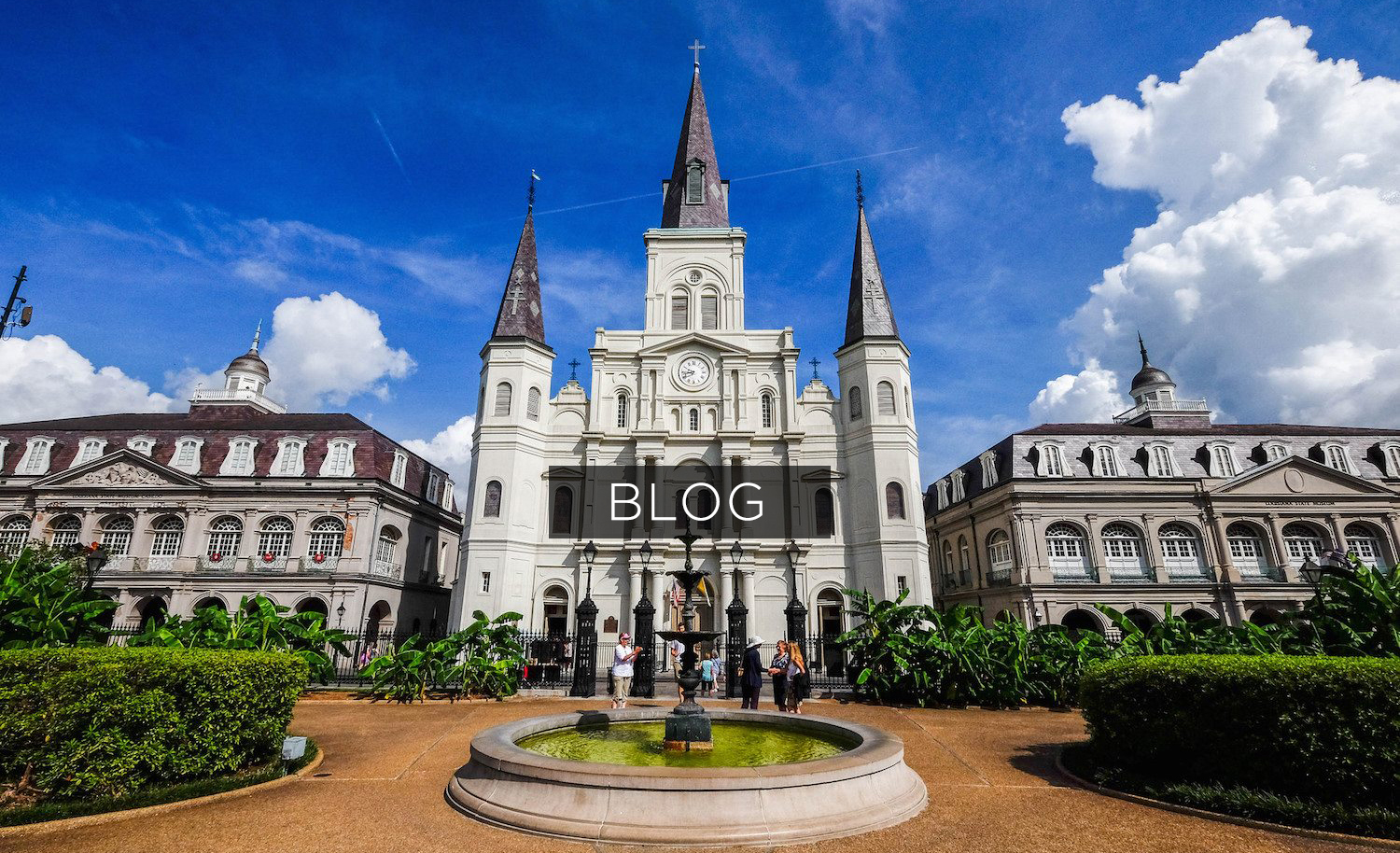Celebrating the Birthday of Willie Tee
John Dunlop
Keyboardist, songwriter, singer, and producer Wilson Turbinton, professionally known as Willie Tee, was born in New Orleans on February 6, 1944. An early architect of New Orleans funk and soul, he helped shape the sound of New Orleans for more than four decades. Tee grew up in the Calliope Projects in New Orleans. Early influences ranged from Professor Longhair’s rhythm and blues, to John Coltrane’s jazz. He made his first recordings in 1962 while still a teenager. In the late 1960s, Willie Tee & the Souls played venues from the Apollo Theater in Harlem to the Ivanhoe on Bourbon Street. Tee arranged, co-wrote and led the band on the Wild Magnolias' self-titled 1974 debut album. The popularity of that recording, and the subsequent They Call Us Wild, introduced the Mardi Gras Indians' brand of funk to the world.
Tee's early recordings have been used as source material for numerous rappers, includingNew Orleans’ own Lil Wayne, who sampled "Moment of Truth", a song from Turbinton's 1976 album, Anticipation for 2005’s "Tha Mobb", the opening track on Tha Carter II. Tee remained active in his career as a producer, songwriter, performer and session musician. He contributed to Dr. John's 2004 album, N'Awlinz: Dis Dat or D'Udda, and appeared briefly in the Oscar-winning Jamie Foxx film about Ray Charles, Ray. In April 2007, Tee was honored with an induction into the Louisiana Music Hall of Fame for his contributions to Louisiana music. Sadly, Tee died on September 11, 2007, aged 63, four weeks after being diagnosed with colon cancer. He may be gone, but his contribution to New Orleans music is immeasurable and will always be remembered.
Photo: Masahiro Sumori






